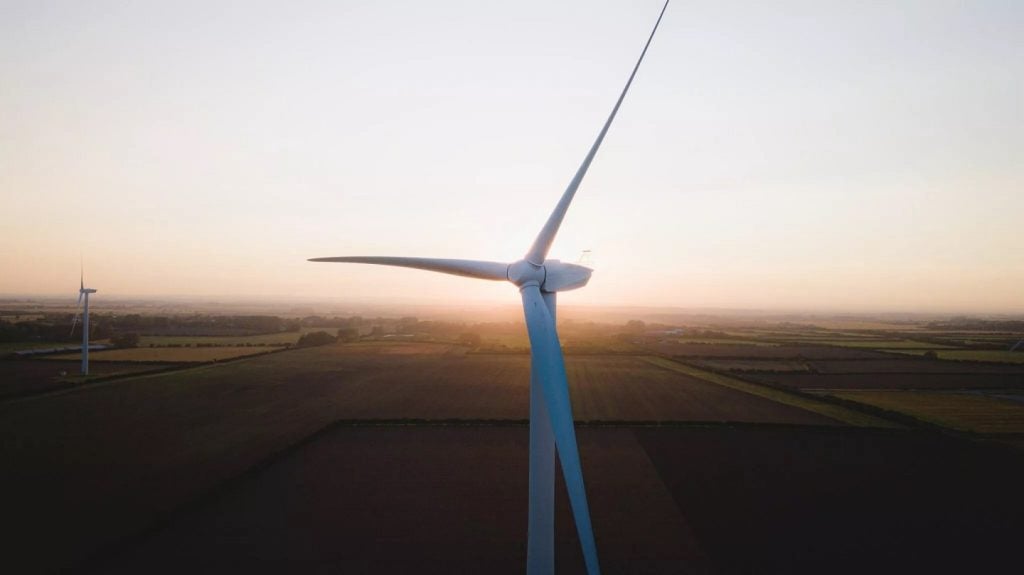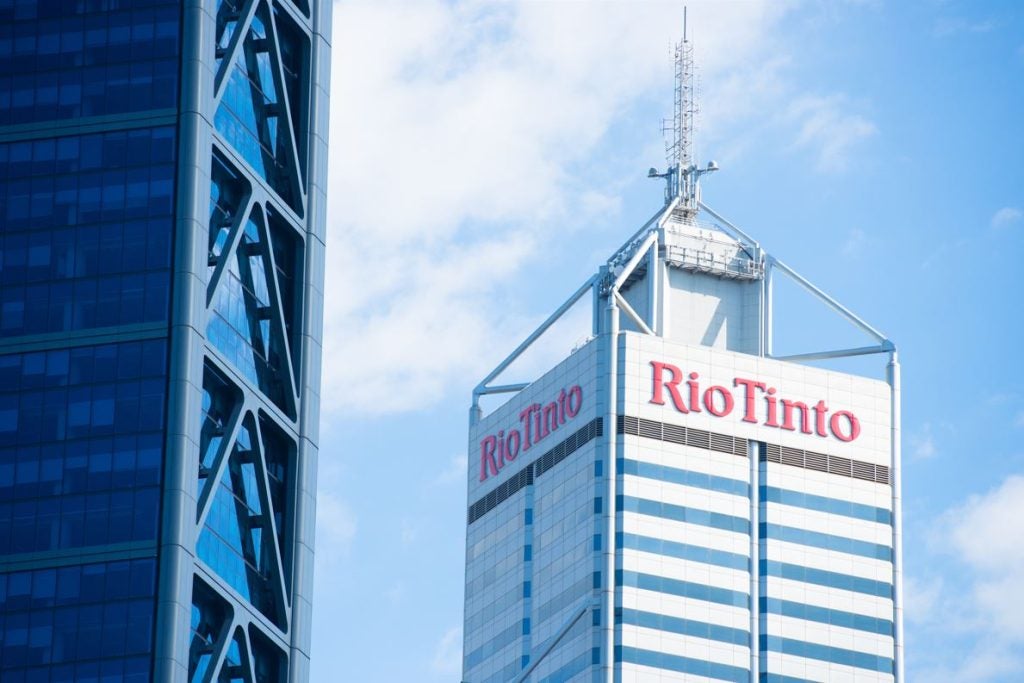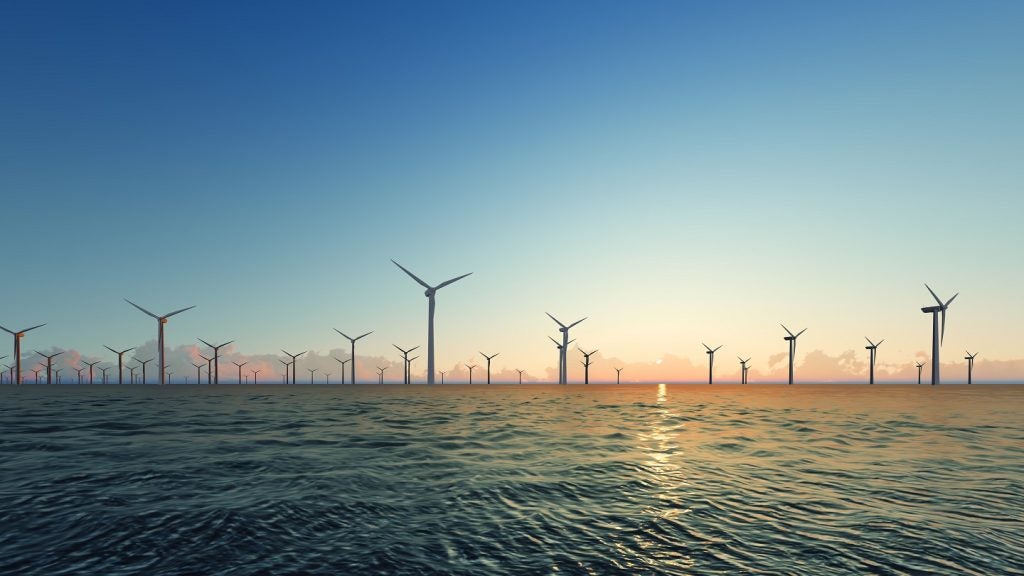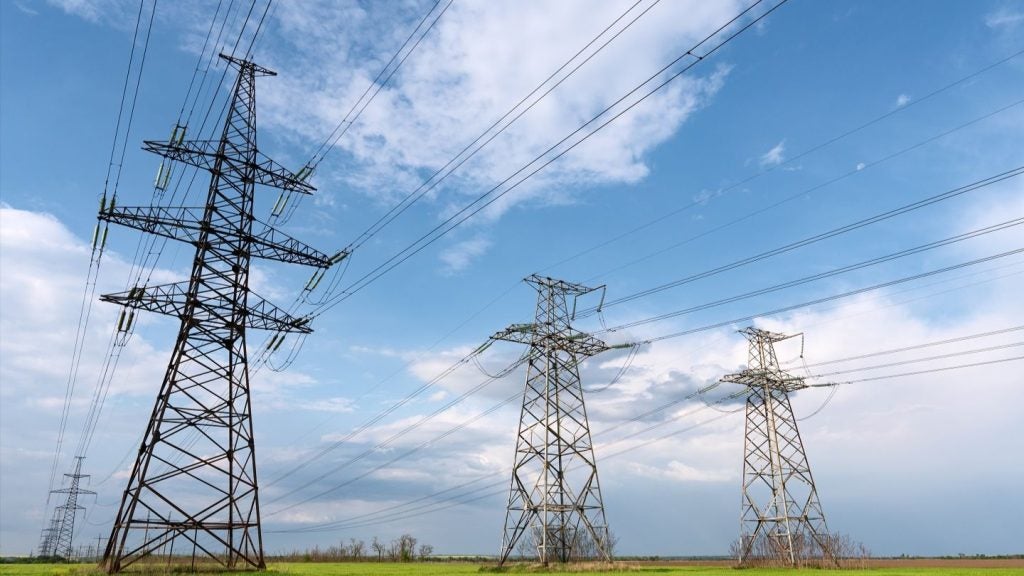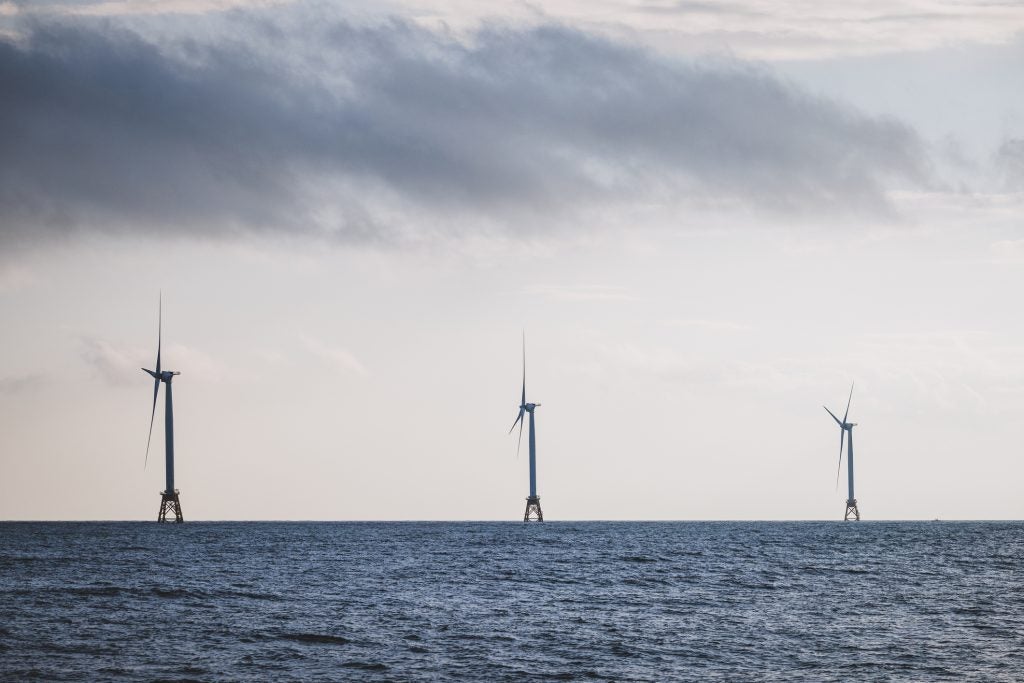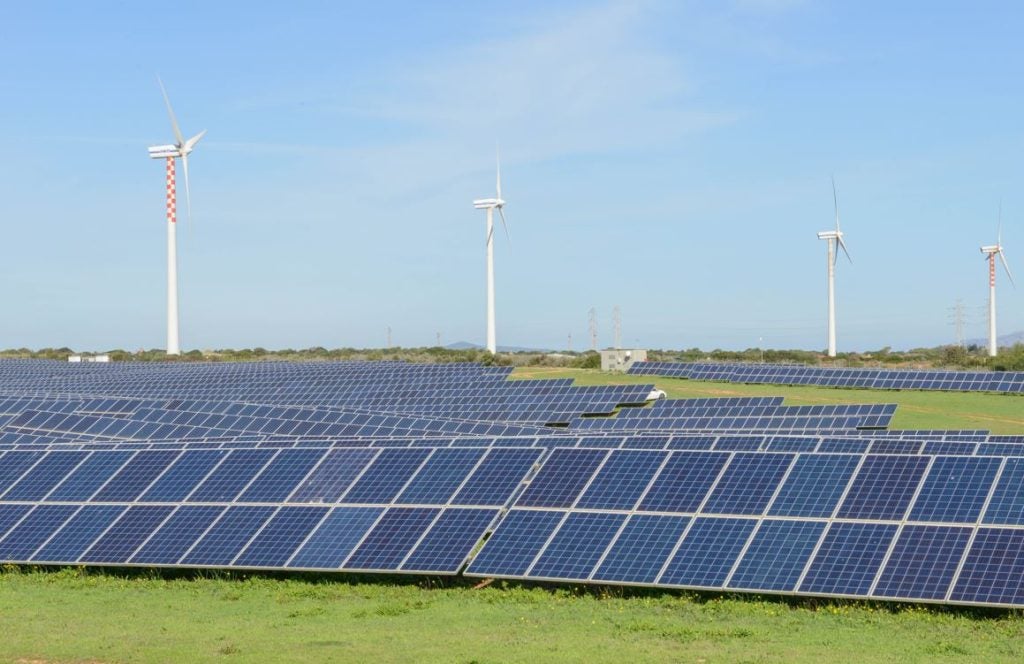US private investor Sandbrook Capital has agreed to acquire German renewable energy developer NeXtWind in partnership with the Public Sector Pension Investment Board (PSP Investments) and the Investment Management Corporation of Ontario (IMCO).
NeXtWind is being acquired from a syndicate led by Crestline Investors in a deal in which investors will provide $750m for its existing portfolio of operating wind assets and to fund future growth.
Led by founders Ewald Woste, Werner Süss and Lars Meyer, NeXtWind is well-positioned to execute its strategy of acquiring and repowering wind farms and to become a leader in the renewable energy market in Germany and beyond.
Germany has the largest share of onshore wind in Europe, with 58GW of installed capacity by the end of 2023 and capacity for further growth. Around 30% of its current onshore wind facilities have been in service for more than 15 years.
Sandbrook Capital co-founder and partner Ken Ryan stated: “We are thrilled to partner with the NeXtWind management team as well as PSP Investments and IMCO to grow this platform in Germany.
“We have been looking to enter this space for several years and are confident we have the right team and capital base to become a leading player in the German renewables market.”
NeXtWind co-founder Ewald Woste stated: “We have been focused on the repowering opportunity in Germany for over six years now. With this newly announced acquisition and partnership, we have the capital to match our business development and operational expertise and grow the amount of renewable energy produced from older wind sites, helping the energy transition and also increasing Germany’s energy security.”


